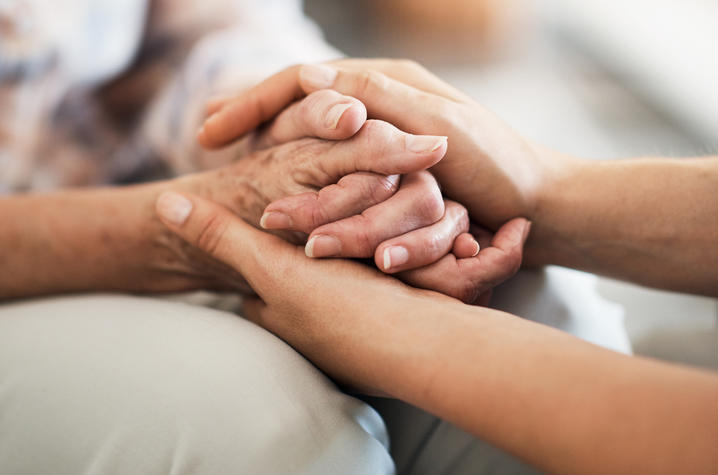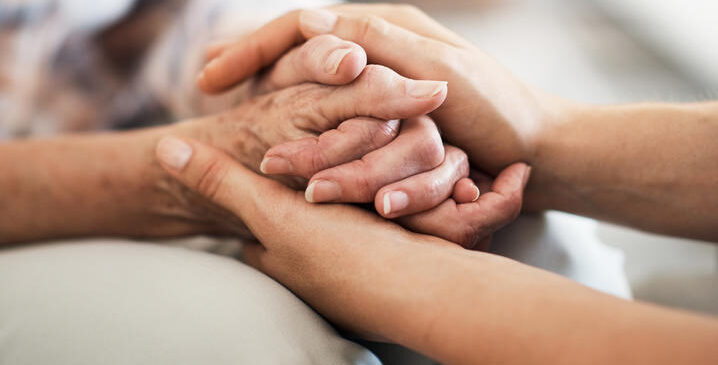- As people age, many things change. For one, general hygiene maintenance and accomplishing what used to be mundane daily routines, seem more difficult. They may need help and, in particular, elder care.However, it can get challenging to convince seniors to accept outside help. This may be due to them wanting to still be in control. It could also be because they want to retain their independence, dignity, self-esteem, and privacy.

Still, let us keep in mind that regardless of age, we have to be treated with respect and dignity. And for seniors, this remains to be true and instrumental for their well-being. We have to consider that while they may have challenges, the still are capable of deciding how they should be cared for. It is still up to them to decide on their personal care.
The following guide will help you understand the various aspects of elder care to help make your aging loved ones feel cared for and comfortable. This is very important as you consider a transition from your home care to a place such as Blessed Home.
Elder Care Tips
- Bathing and Personal Hygiene. Bathing can be challenging and stressful for seniors on many levels. There’s the issue of independence, dignity, privacy, and propriety. Elders may feel embarrassed for needing to be bathed. It’s important that providers create a safe space for the elder, both physically and emotionally. It’s important to also maintain their dignity, and to keep natural conversation so the experience will be pleasant.
- Safety Supervision. The risk of falls and accidents increase as people age. Slips and falls could be fatal. Make sure that the facilities you are considering for elder care are adequately equipped with safety devices and the areas are well-lit and non-slip. Observe that there are no hazards as well. If possible, stairs must be avoided and instead there is only a single level.
- Assistance with Ambulation. Mobility is also important. Proper ambulating is a must to make them feel comfortable and safe. This would allow them to move around and be as independent as they can while still being safe.
- Light Housekeeping. Keep the elder’s surroundings clean, comfortable, and safe. You may allow them to help with light chores and make it a time to bond. This also helps keep them active and sharp. However, you must consider their mobility and capability to avoid any untoward incidents.
- Meal Preparation. Most seniors need assistance with preparing and serving nutritious meals. As people age, tastes and smells may not be as sharp. Same with dexterity. Their physical conditions and illnesses may make it challenging or uncomfortable for them to prepare, cook, and even clean up afterwards. A nutritionist and/or physician may also be helpful to make sure seniors are getting the right amount of nutrition in their diet. It’s also important to consider certain food that must be avoided based on their medical conditions.
- Errands and Other Tasks. Seniors may also need help with tasks that they may use to easily do with ease before. These may be as simple as running errands, doing groceries, driving to and from various places, buying their medications, and more. In facilities such as Blessed Home, concerns about errands are eliminated as we will take care of them or work with the family for all their elder’s needs.
- Medication Management. As seniors age, they may need more and more medications, depending on their conditions. However, proper medication management may be hampered by their cognitive and memory, as well as sensory, decline. Medicines can be also a danger and may cause more harm if not taken properly or on time. At Blessed Home, we provide judicious medication management to make sure that they are following their healthcare or treatment plans and are keeping safe in the process.
- Physical Activity. Exercise is important at any age. For the elderly, the right type of exercise is crucial. There are activities that can help with their balance as well as their strength, and there are those that can help with their range of motion. The right routines may be able to help alleviate their symptoms, such as those who are struggling with arthritis. Even as simple as some stretching can also help.
- Post-Surgery Care. Those who may have undergone surgery need careful and intensive care even at home. This becomes challenging the older they age. It’s important to prepare well in advance and get what they need to recover at home as much as possible. Caregivers must also understand their condition and needs to avoid any post-surgical complications.
- End-of-Life Elder Care. This is one of the most challenging circumstances for anyone to navigate, even for caregivers. Here, the caregiver’s role is more critical than ever. An open and thorough conversation with the family is important.
Whatever the needs of the elderly are, as well as that of the family, must be taken into account. These, alongside the elder’s health and well-being also remains paramount. Should you need help, Blessed Home is here to work with you to give your elderly loved ones the best elder care.

Join the conversation

Recent Comments